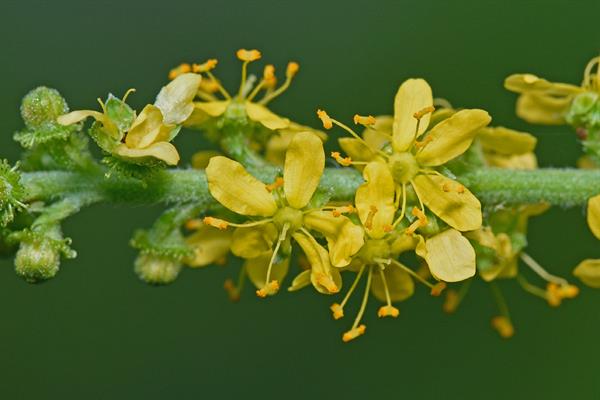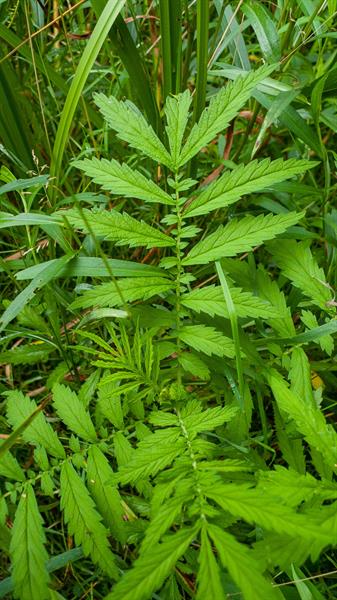https://fsus.ncbg.unc.edu/main.php?pg=show-taxon-detail.php&lsid=urn:lsid:ncbg.unc.edu:taxon:{B50E751E-3803-4364-B6BC-6E2DE2947DB9}

Origin/Endemic status: Native
Synonymy: = Ar, C, F, FNA9, G, GrPl, Il, K1, K3, K4, Mi, NcTx, NE, NY, Pa, RAB, S, S13, Tat, Tn, Tx, Va, W, Kline & Sørensen (2008), Robertson (1974)
Wetland Indicator Status:
- Atlantic and Gulf Coastal Plain: FAC
- Eastern Mountains and Piedmont: FACW
- Great Plains: FACW
- Midwest: FACW
- Northcentral & Northeast: FAC
Heliophily: 6
Hover over a shape, letter, icon, or arrow on the map for definition or see the legend.
 © Keith Bradley | Original Image ⭷
© Keith Bradley | Original Image ⭷ © Gary P. Fleming | Original Image ⭷
© Gary P. Fleming | Original Image ⭷ © Gary P. Fleming | Original Image ⭷
© Gary P. Fleming | Original Image ⭷ © Gary P. Fleming | Original Image ⭷
© Gary P. Fleming | Original Image ⭷ © Erik Danielson source | Original Image ⭷
© Erik Danielson source | Original Image ⭷ © Erik Danielson source | Original Image ⭷
© Erik Danielson source | Original Image ⭷ © Radford, Ahles and Bell | Original Image ⭷
© Radford, Ahles and Bell | Original Image ⭷ © Erik Danielson source | Original Image ⭷
© Erik Danielson source | Original Image ⭷Feedback
See something wrong or missing on about Agrimonia parviflora? Let us know here: (Please include your name and email if at all complicated so we can clarify if needed.)
Cite as...